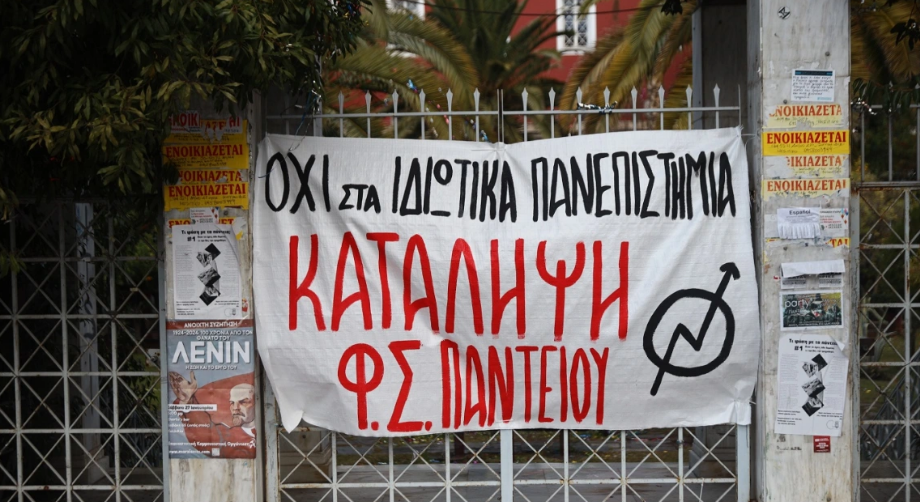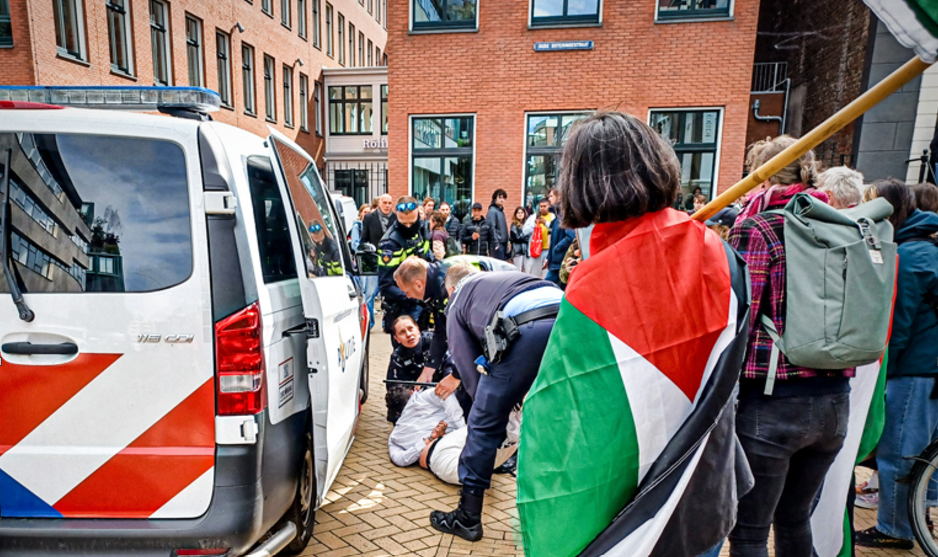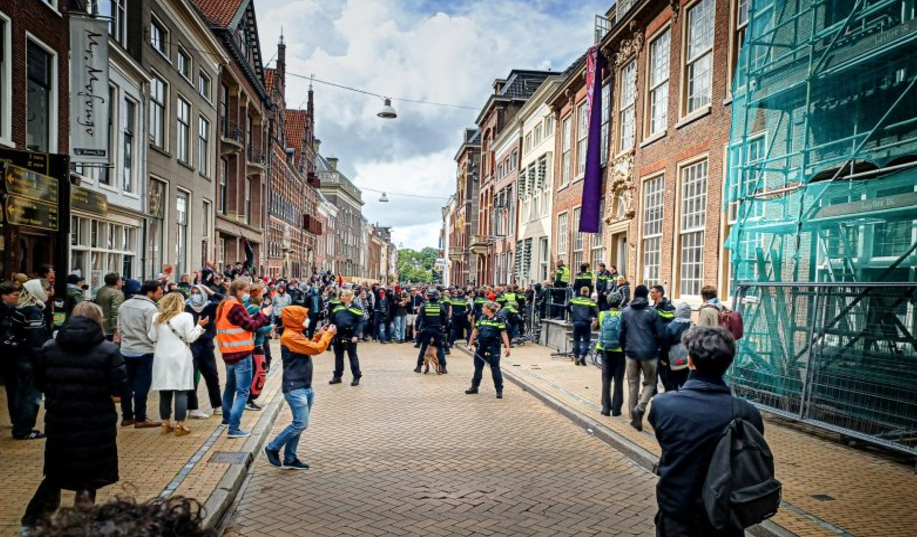By Dimitris Kouvaras,
“Katalipsi” is a Greek word. Its rendering in English is difficult, given its specific significatory scope. The closest equivalent one gets is probably “occupation”, yet it is not without its problems. For, while “occupation” might suggest military conquest or the result of a successful siege, “katalipsi” is way less extravagant. It denotes the unilateral takeover of a building or space –usually public– by protesters of some sort. In Greece, it is common practice of high school pupils wanting to air their demands about the education system, while taking some convenient time off class; of anarchists wanting to protect commune spaces from state intervention or “capitalist” exploitation; most notably, perhaps of university students manifesting their dissent to government policy. Early this year, Greece was rocked by widespread such takeovers lasting weeks as students protested an unpopular tertiary education bill. Until a few days ago, I perceived this practice as a Greek peculiarity emanating from the valorisation of the famous 1974 Polytechnic’s anti-dictatorial takeover, the public status of education infrastructure, and, perhaps, our Balkan temperament. However, on the 13th of June this perception suddenly changed.
I am currently studying in the Netherlands, so this happened in the rather small northern city of Groningen that I now call home. I was out with a friend for an evening walk, when we saw a bunch of heavily armoured riot vans coming out of the local police station. For the scale of the city, and given the calm atmosphere, this was certainly not a sight to expect. During the evening, we repeatedly witnessed an unusual police presence around the centre, yet again with no sign as to why. I found that out only when I came home and made a quick search, learning that a small-scale pro-Palestinian demonstration that had taken place earlier in the day had escalated with the occupation of a university building opposite to the pro-Palestinian encampment that had captured a little square in front of the Faculty of Arts for several weeks, advocating for a break in financial or educational ties with Israeli corporations and institutions. Suddenly, “katalipsi” had mutated to the Netherlands.

After the initial “reverse culture shock”, as I would put it, I realised that similarities ended there. In Greece, the takeovers lasted for several weeks and fully stagnated the function of universities, rolling back the upcoming exam period, until a belated decision to hold it online. In most cases, they were let to wane down after the bill –enabling the establishment of outposts by oversees universities and breaking the public monopoly of higher education in Greece– eventually passed. Although supported by a considerable amount, they were voted on and upheld by a scarce minority, not representing most of the student community. Yet, they persisted. In the case of Groningen, however, the occupation was not a matter of weeks but of hours. Right after student demonstrators entered the building the police in coordination with the municipality and the university administration –the self-branded “safety triad”– decided to intervene. Upon allegations that the protesters obstructed the people working in the building from leaving, heavy police forces were deployed at the scene, preventing others from entering and pushing their way into the building itself. Soon, it was all over.
I cannot know for sure what the case was with the university employees, but I would indeed consider any obstruction of their freedom of movement a serious wrongdoing. Nevertheless, what I do know by watching footage from the scene is that unnecessary police violence took place using truncheons or by dangerously pulling people down, although no violence was perpetrated by the demonstrators. Later that evening, the encampment itself was removed, while black barricades obstructed street access or view of the operation. That was the destination of the riot vans I witnessed. Normality was thus restored, but with an eerie feeling coming with it. The university announcement about the event, following a series of updates on the encampment, mentioned violence in an ambiguous and intentionally neutralised tone, implicitly pointing to the student demonstrators rather than law enforcement: “Because of the violent situation, some employees felt threatened and were very frightened. The police made sure they were escorted safely out”. In practice, demonstrators were obliquely excluded from those perceived as traumatised or deserving of care. Part of their agency was also removed, the final section of the announcement reading that “The police went to the tent camp the same evening and found no one there. With that, the demonstration had ended”. It had indeed, but not by itself. How could people be there (if indeed there was none) after what had just happened a few hours ago? The silence of the institutional text on that is as grim as the mood it describes.

I am not arguing about whether an intervention should have happened or not. It was, after all, within the authorities’ jurisdiction. It is, however, interesting to see how different countries approach similar situations. In Greece, manifestations of this kind are tolerated and negotiated over days or weeks until an agreement is reached, or the protesters give up, while police involvement is seen as a last resort. This stalemates the function of public institutions to the dismay of many, or indeed the majority, who have good reasons to keep the process –educational or administrative– going, as myself who lost the entire winter exam period because of the takeovers and my exchange in the Netherlands. In the Netherlands, there is little to no toleration the moment a space is breached without authorisation, except for maybe a municipal open space, like the square of the encampment. Intervention is imminent and forceful. With that, normality and business can continue unobstructed, and the majority can keep benefiting of the provided services or education. Yet, as I mentioned before, this normality can also feel grim, knowing it comes at a cost.
In both cases, formal discourse appears evasive, always underplaying what is going on. Normality is constructed. However, in the modern tentative setting, when democracy suffers a crisis of participation (just look at the EU election rates), and avenues of political advocacy or dialogue are absent, I am not sure how reassuring it can be.
References
- Universities sound alarm over student occupations. eKathimerini. Available here
- Pro-Palestine Protest in Groningen Leads to Eviction of Encampment. Groningen Mail. Available here




